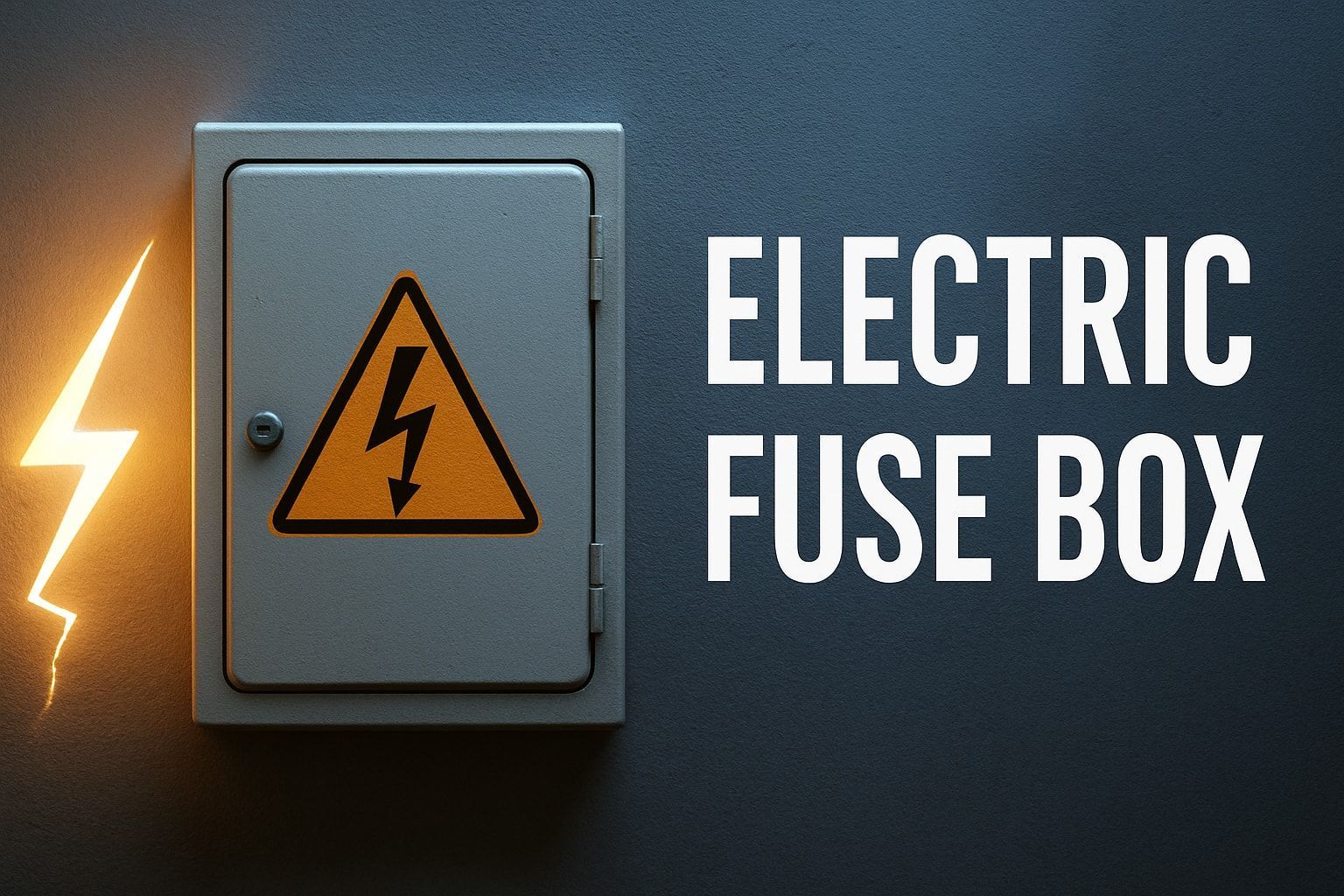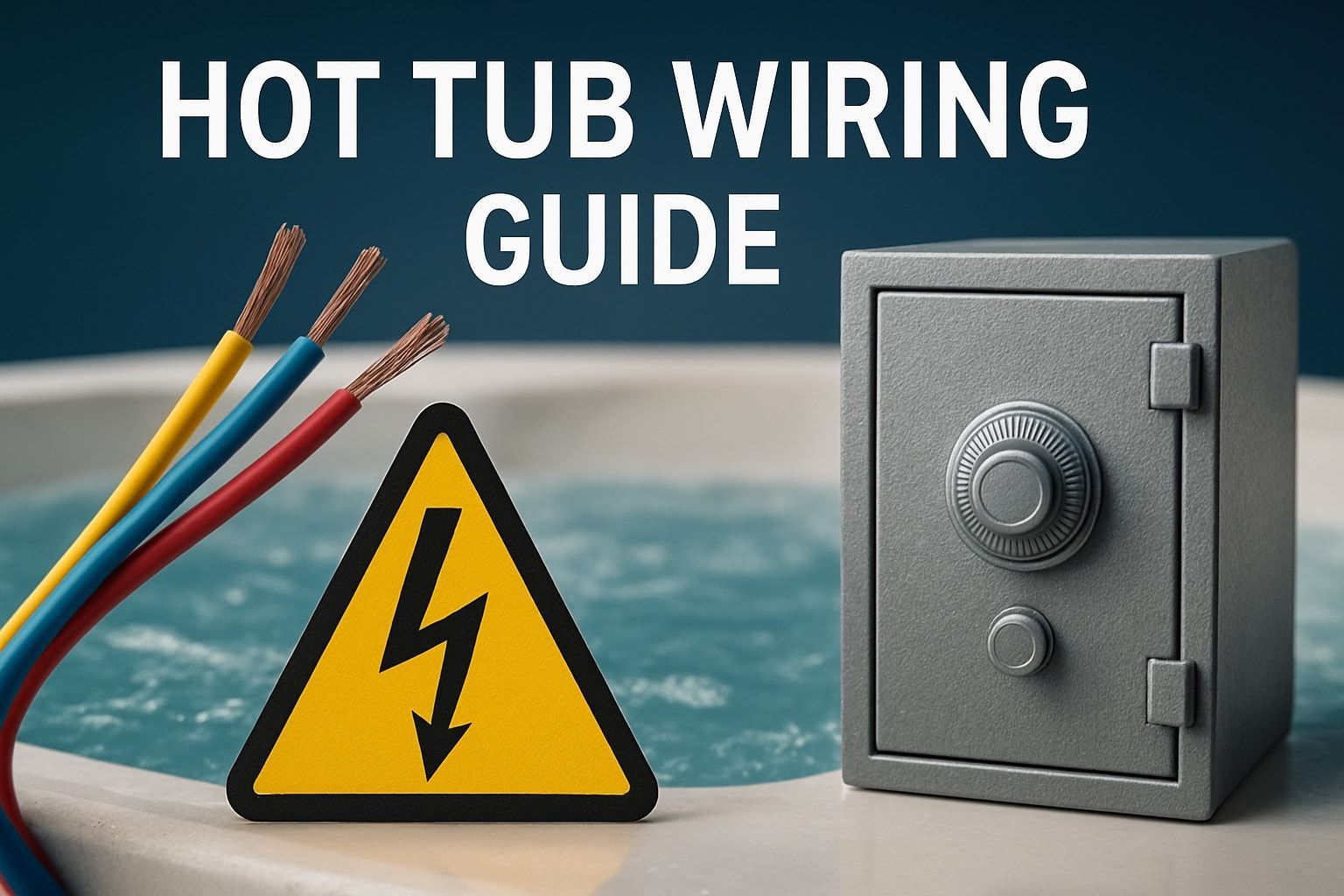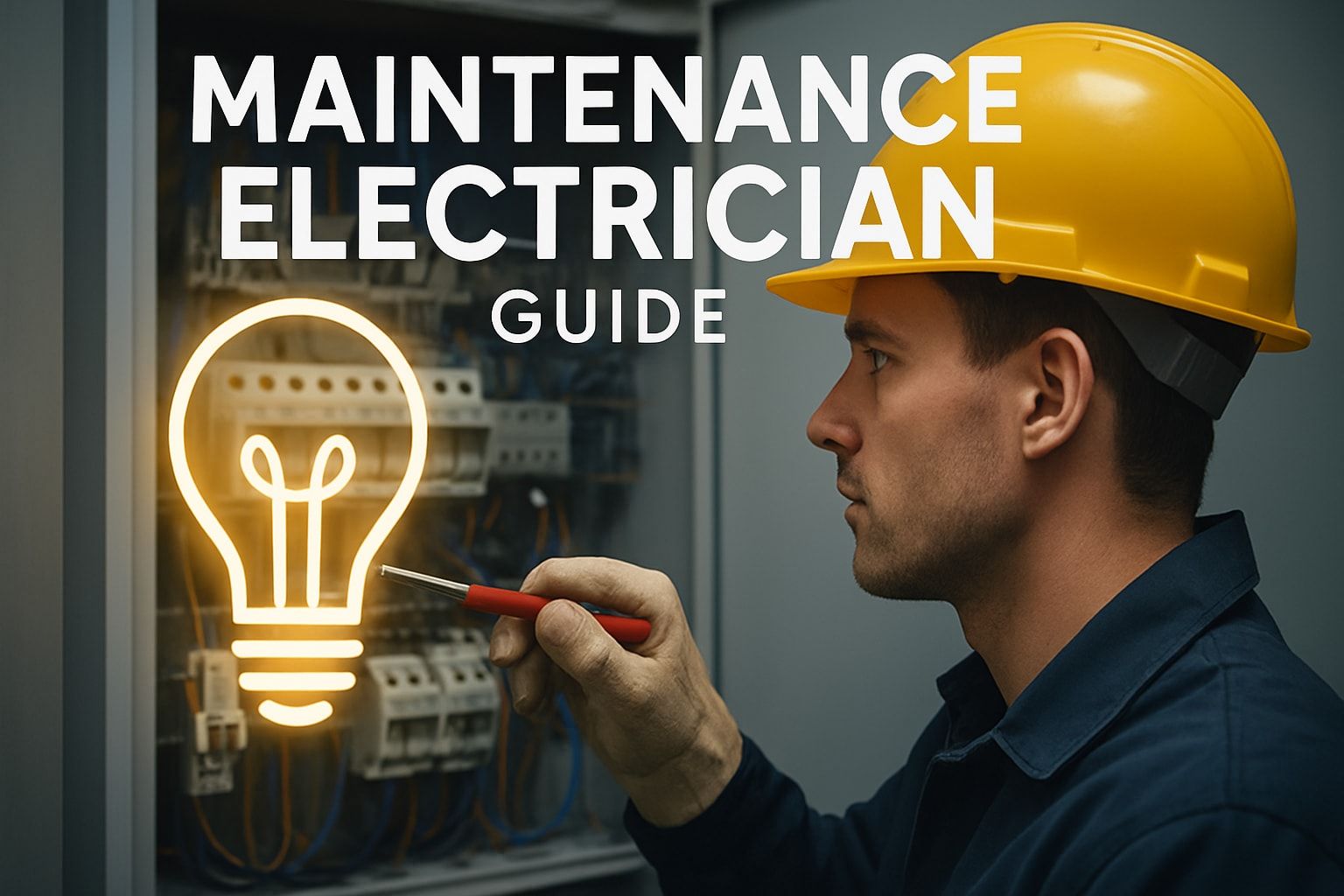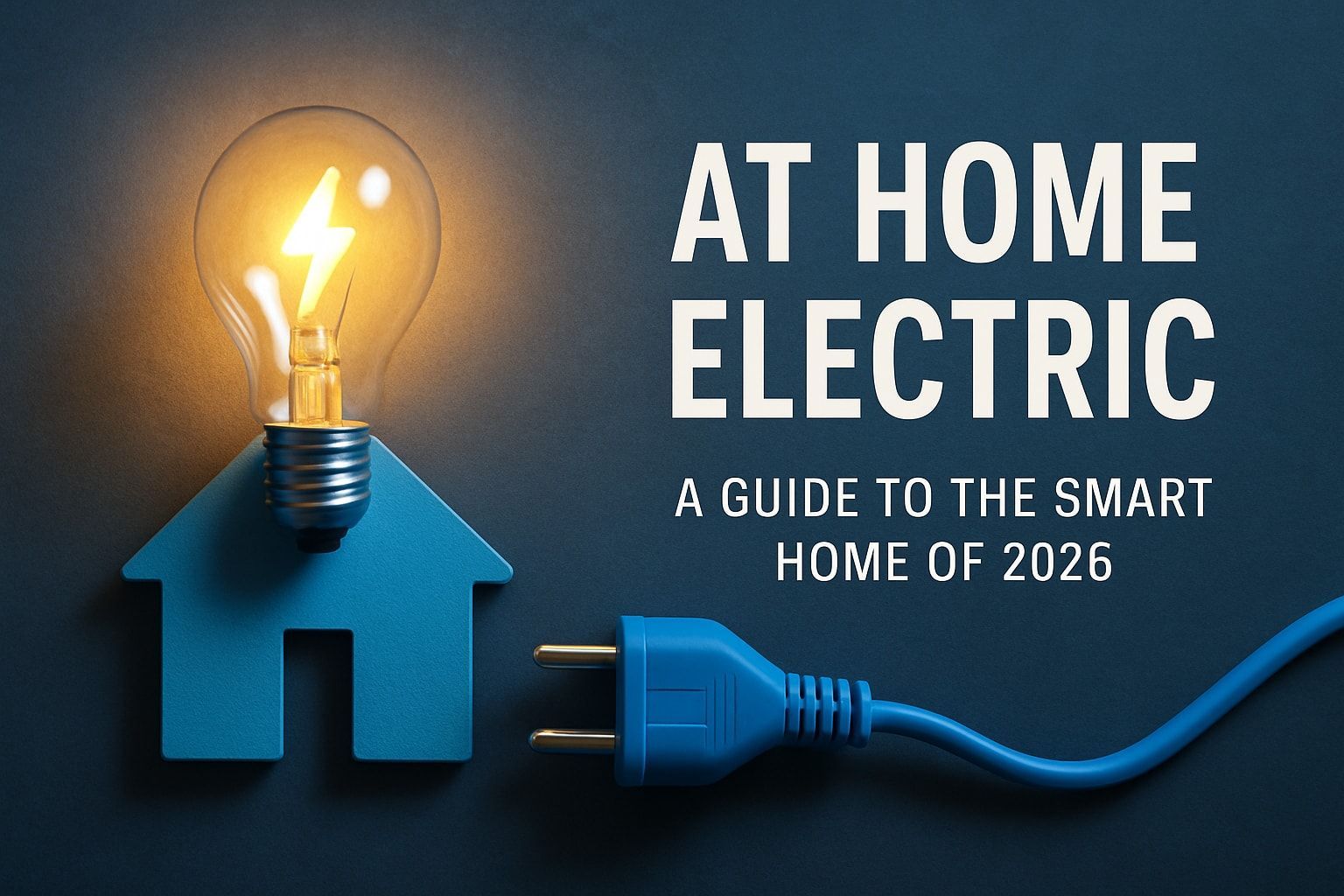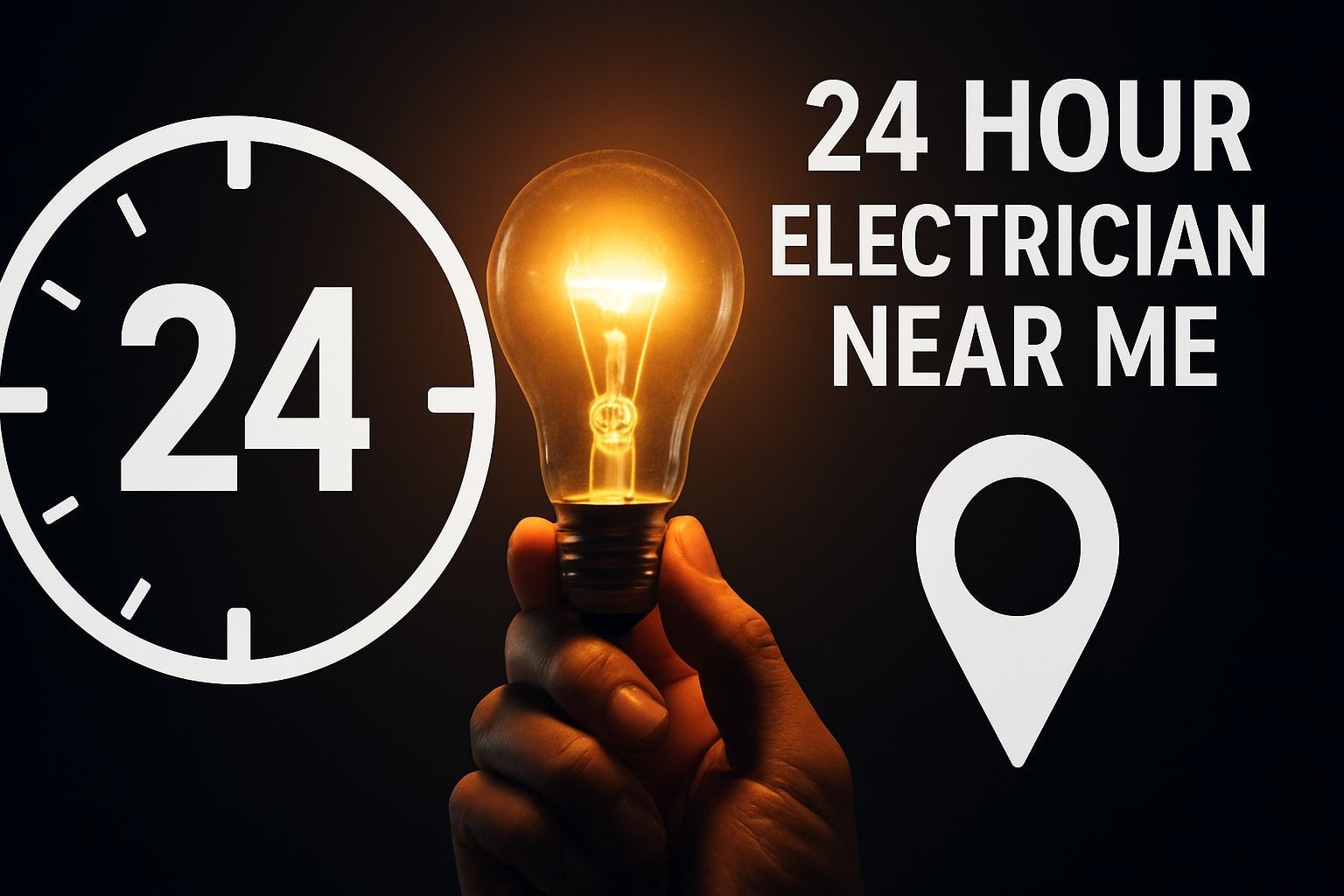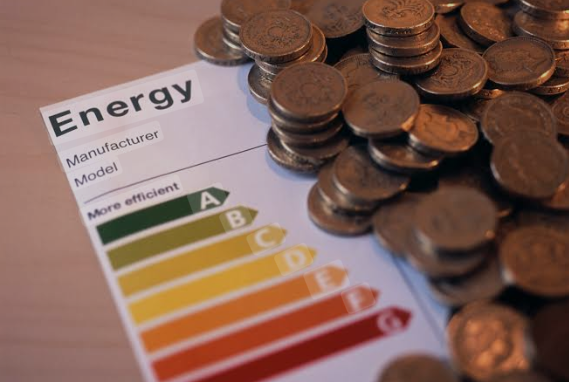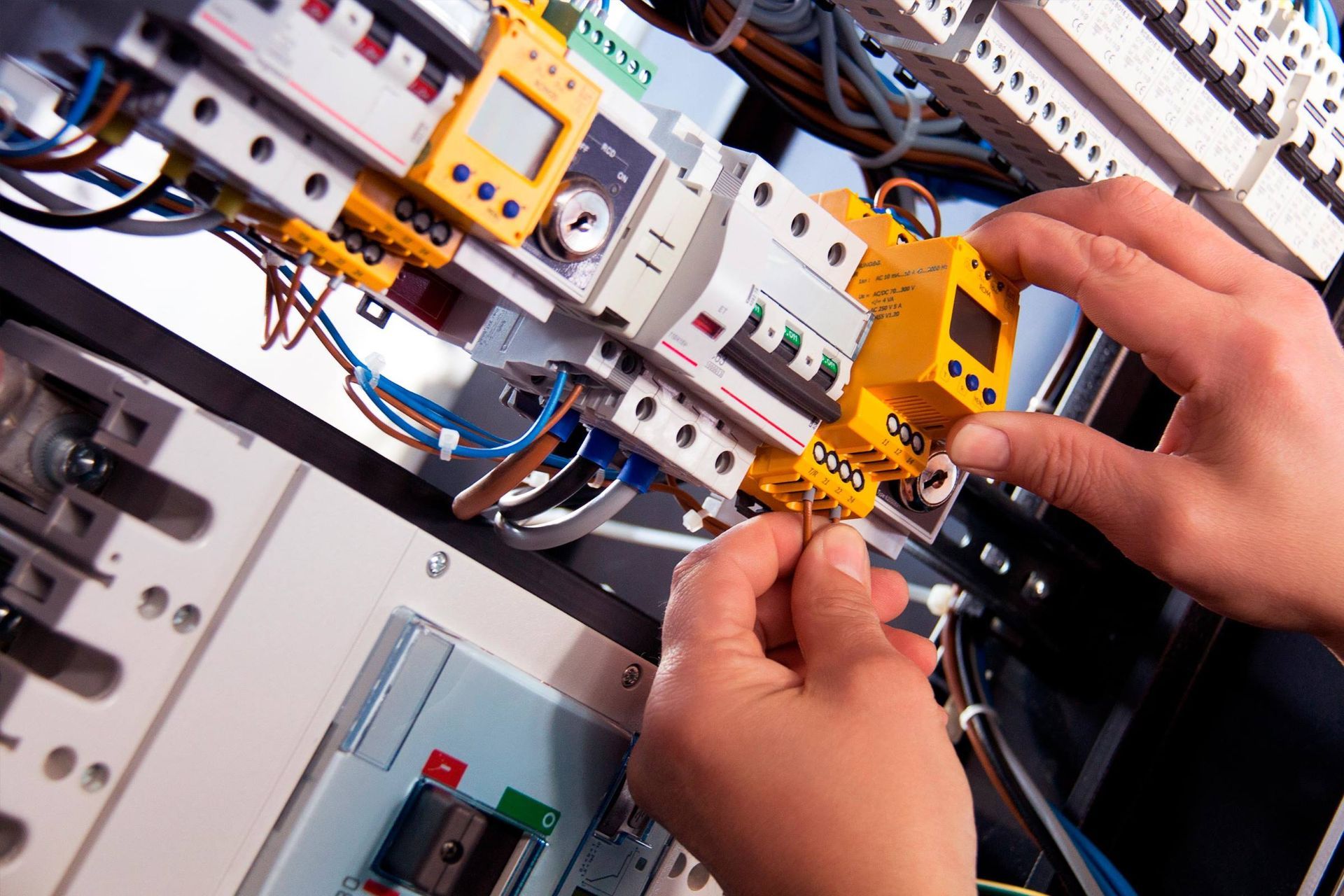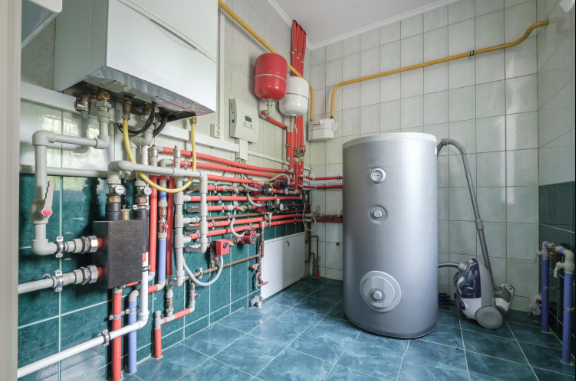Generator Installations for Homes: Keeping the Lights On
Standby Generators as Homeowners Reliable Backup Power When the Grid Fails
Why Toronto Homeowners Need Backup Power
Power outages in Toronto and the GTA are becoming increasingly common due to severe weather events, aging infrastructure, and growing demands on the electrical grid. According to recent statistics, Canada experiences an average of 3 to 5 major power outages annually across different regions, with severe weather, technical failures, and animal interference accounting for 80% of blackouts nationwide.
Earlier this year, in February 2025, downtown Toronto experienced a significant outage affecting approximately 5,000 customers that disrupted businesses and residential areas for several hours. These outages are not only inconvenient but can also lead to significant financial losses from food spoilage, basement flooding due to sump pump failures, and disruptions to home-based businesses.
At BradCon Electrical, we've seen firsthand how standby generators provide homeowners with peace of mind and reliable backup power when the grid fails. A properly installed home generator system automatically detects power loss and restores electricity to your home within seconds—often so seamlessly that you may not even notice the transition.
Understanding Home Generator Options
When considering a generator for your home, it's important to understand the different types available and which one best suits your needs.
Portable vs. Standby Generators
Portable Generators are less expensive ($500-$2,000) and can be moved and stored when not needed. They typically power only essential circuits and require manual setup during outages. You'll need to refuel them regularly during extended use, and they must be operated outdoors due to exhaust hazards.
Standby Generators are permanently installed outside your home and activate automatically when power is lost. They can power your entire home or selected circuits and connect to existing fuel sources like natural gas or propane. With automatic transfer switches, they provide seamless transition without any manual intervention.
For most Toronto homeowners seeking reliable backup power, standby generators provide the best long-term solution despite the higher initial investment.
Generator Fuel Types
The choice of fuel source is a critical decision when selecting a home generator:
Natural Gas Generators
Natural gas is the most popular fuel choice for standby generators in Toronto homes. It's consistently delivered through municipal lines, eliminating the need for fuel storage. Connection to existing home gas lines simplifies installation, and the fuel supply is virtually unlimited during outages. It burns cleaner with lower emissions than diesel and generally costs less than propane or diesel.
The main downside is that natural gas service may be interrupted during severe disasters, though this is rare in the Toronto area.
Propane Generators
Propane offers an excellent alternative when natural gas service isn't available. It carries more energy than natural gas (though less than diesel) and can be stored in tanks on your property indefinitely without degrading. It burns cleaner than diesel with fewer emissions and works well for rural areas without natural gas service.
Keep in mind that propane requires tank installation, regular refilling, and typically costs more than natural gas.
Diesel Generators
While more common in commercial applications, diesel generators are available for residential use. They often last longer and need less maintenance than propane or natural gas alternatives due to simpler engines with fewer moving parts. Diesel provides the highest energy density of all common fuel types, with excellent fuel efficiency and reliability. With proper maintenance, they can operate for 15,000+ hours.
The drawbacks include on-site fuel storage requirements, higher emissions, and fuel degradation over time if not properly maintained.
Generator Sizing: How Much Power Do You Need?
Properly sizing your generator ensures it can handle your home's electrical load without being unnecessarily large:
Small Systems (7-12 kW) power basic essentials like refrigeration, heating, lighting, and sump pumps. They're suitable for smaller homes with minimal power requirements and offer a more affordable initial investment.
Medium Systems (14-22 kW) handle most standard home needs including multiple appliances. They can support air conditioning units (with appropriate management) and are ideal for average-sized homes in Toronto.
Large Systems (25-48 kW) can power an entire house seamlessly as if a blackout never occurred. They support larger homes or those with significant electrical demands and can accommodate luxury items like hot tubs, workshops, or home theaters.
At BradCon Electrical, we conduct a thorough assessment of your home's electrical requirements to recommend the right generator size for your specific needs.
Installation Considerations for Toronto Homes
Installing a standby generator is not a DIY project. It requires specialized knowledge of electrical systems, gas connections, and local building codes to ensure safe and compliant operation.
Location Requirements
Proper generator placement is essential for safety and optimal performance. Local codes typically require generators to be at least 18 inches away from any flammable material and 5 feet from windows and doors. They must be installed on a level, stable surface (typically a concrete pad) with adequate ventilation and airflow around all sides.
Position the generator where exhaust is directed away from the home, and consider noise impact on neighbors in Toronto's densely populated areas.
Permits and Approvals
In Toronto and the GTA, generator installations require proper permits and approvals from various authorities:
- Electrical permits from the Electrical Safety Authority (ESA)
- Gas permits for fuel line installation
- Permits can only be pulled by a master electrician registered with your local hydro company
- Municipal approvals may be required depending on your specific location
- Potential homeowner association approvals in certain neighborhoods
Professional Installation Process
A professional standby generator installation typically follows these steps:
- Site Assessment:
Evaluating the best location for the generator and planning for electrical and fuel connections.
- Concrete Pad Preparation:
Creating a stable, level foundation for the generator to sit on.
- Generator Placement: Properly positioning and securing the unit on the prepared pad.
- Fuel Line Connection:
Safely connecting the generator to your home's natural gas line or installing a propane tank.
- Electrical Connections:
Installing the automatic transfer switch and connecting it to your home's electrical panel.
- Testing and Commissioning: Thoroughly testing the system to ensure proper operation before finalizing the installation.
The entire process typically takes 1-2 days for a standard residential installation.
Automatic Transfer Switches: The Key to Seamless Power
An automatic transfer switch (ATS) is a critical component of any standby generator system. The ATS continuously monitors your home's electrical supply and performs three vital functions:
- Detecting Power Loss:
Immediately identifies when utility power fails.
- Starting the Generator:
Automatically signals the generator to start up.
- Switching Power Sources:
Safely disconnects your home from the utility grid and connects it to the generator.
This happens automatically within seconds of a power outage, ensuring minimal disruption to your home. When utility power returns, the ATS reverses the process, reconnecting your home to the grid and shutting down the generator.
For Toronto homes with specific circuit needs, load management systems can be incorporated into the ATS to prioritize essential circuits and prevent generator overload.
Cost Considerations for Toronto Homeowners
Installing a standby generator represents a significant investment in your home's resilience and comfort during power outages.
Initial Investment
The total cost of a standby generator installation in the Toronto area typically ranges from $8,000 to $20,000, depending on several factors:
- Generator size and capacity
- Fuel type (natural gas installations are often less expensive than propane)
- Installation complexity (distance from electrical panel, gas meter location, etc.)
- Brand and quality
- Automatic transfer switch options
Ongoing Costs
Beyond the initial installation, consider these recurring expenses:
- Annual maintenance service
- Fuel costs (minimal for standby units that only run during outages)
- Potential insurance adjustments
- Occasional repairs over the unit's lifespan
Return on Investment
While the upfront cost is substantial, consider the benefits:
- Increased home value
- Prevention of losses from power outages (spoiled food, hotel stays, basement flooding)
- Business continuity for those working from home
- Peace of mind during emergencies
Maintenance Requirements for Long-Term Reliability
Like any mechanical system, generators require regular maintenance to ensure they'll work reliably when needed most.
Professional Maintenance
Standby generators typically require yearly maintenance to ensure reliable operation and maximize their lifespan. Professional service should include oil and filter changes, air filter inspection, spark plug checks, battery testing, fuel system inspection, and testing of the control system and transfer switch.
Homeowner Maintenance
Between professional service visits, homeowners should perform basic tasks like running weekly tests (many units do this automatically), visual inspections for leaks or damage, keeping the area around the generator clear, checking oil levels (for liquid-cooled units), and ensuring adequate fuel supply for propane systems.
Winter Considerations
Toronto's harsh winters create special generator maintenance needs including checking battery condition before cold weather arrives, ensuring proper coolant levels, considering cold-weather kits for extreme temperatures, and keeping snow cleared from around the unit.
With proper care, standby generators can last up to 25 years or more, making them a smart long-term investment for Toronto homeowners.
The BradCon Advantage for Generator Installations
At BradCon Electrical, we understand that installing a standby generator is a significant investment in your home's resilience. Our team of licensed electricians brings years of experience to ensure your generator installation is done right.
Our generator installation service includes:
- Initial consultation and needs assessment
- Load calculation to determine optimal generator size
- Custom installation plan tailored to your home
- Coordination of all necessary permits
- Professional installation by licensed electricians
- Thorough testing and commissioning
- Hands-on orientation for homeowners
- Maintenance recommendations and service options
We work with leading generator manufacturers to provide reliable, efficient systems that meet the specific needs of Toronto homeowners.
Powering Forward: Securing Your Home's Energy Future
Power outages can strike at any time, often when we least expect them. A professionally installed standby generator provides the security of knowing your home will remain powered regardless of what happens to the electrical grid.
Whether you're looking to maintain basic essentials during an outage or want the comfort of powering your entire home seamlessly, BradCon Electrical can help you select and install the right generator system for your needs.
Don't wait until the next power outage leaves you in the dark. Contact BradCon Electrical today at (416) 881-4212 to schedule a consultation and take the first step toward true power independence for your Toronto home.
Frequently Asked Questions
How loud are home standby generators?
Modern standby generators are designed to operate at noise levels comparable to a central air conditioning unit, typically around 60-70 decibels at 7 meters (about the volume of a normal conversation). Factors affecting noise include generator size, quality, installation location, and whether sound-dampening features are included. For noise-sensitive areas, additional sound attenuation options are available.
How much maintenance does a standby generator require?
Standby generators need regular maintenance to ensure reliable operation. This typically includes an annual professional service visit for oil changes, filter replacements, and system checks. Between professional services, homeowners should perform simple visual inspections and ensure the generator completes its weekly automatic test run. With proper maintenance, a quality standby generator can provide reliable service for 20+ years.
Will a generator increase my home insurance costs?
Generator installation may affect your home insurance in different ways. Some insurance providers offer discounts for having backup power because it reduces certain risks like pipe freezing or basement flooding. Others might increase premiums slightly due to the additional equipment on the property. It's best to consult with your insurance provider before installation to understand any policy implications.
Can a standby generator power my entire home?
Yes, with proper sizing, a standby generator can power your entire home. Whole-house generators typically range from 22kW to 48kW, depending on your home's electrical demands. Alternatively, you can install a smaller unit with a load management system that selectively powers essential circuits. During your consultation, we'll assess your electrical needs to recommend the appropriate generator size for your specific requirements.


